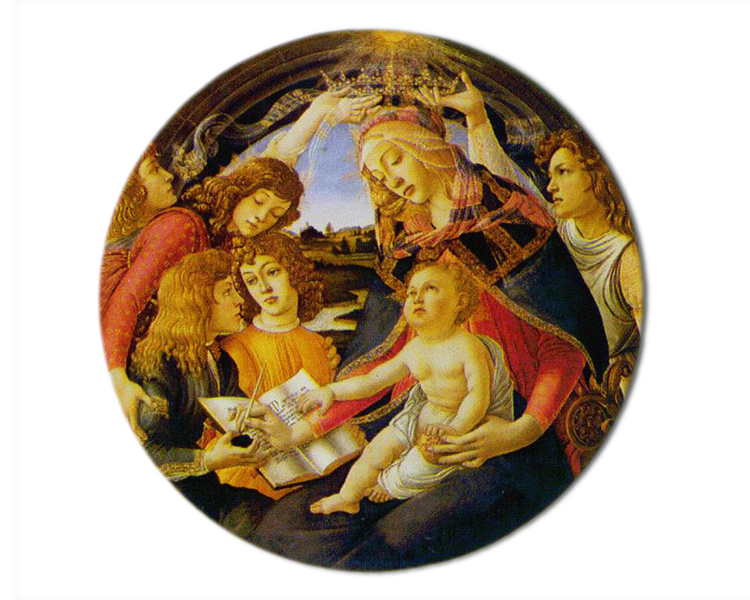When one..."has become a foreigner in his own house. True communion is gone. Every relationship is pervaded by darkness. To be afraid or to show disdain, to suffer submission or to enforce control, to be an oppressor or to be a victim: these have become choices for one outside the light. Sins cannot be confessed, forgiveness cannot be received, the mutuality of love cannot exist. True communion has become impossible.
...Everything loses its spontaneity. Everything becomes suspect, self-conscious, calculated, and full of second-guessing. There is no longer any trust. Each little move calls for a countermove, each little remark begs for analysis; the smallest gesture has to be evaluated. This is the pathology of darkness.
Is there a way out? I don't think there is — at least not on my side. It often seems that the more I try to disentangle myself from the darkness, the darker it becomes. I need light, but that light has to conquer my darkness, and that I cannot bring about myself. I cannot forgive myself. I cannot make myself feel loved. By myself I cannot leave my land of anger. I cannot bring myself home nor can I create communion on my own. I can desire it, hope for it, wait for it, yes, pray for it. But my true freedom I cannot fabricate for myself. That must be given to me. I am lost. I must be found and brought home by the shepherd who goes out to me."
Ref: The Return of the Prodigal Son. A Story of Homecoming by Henri J. M. Nouwen



No comments:
Post a Comment